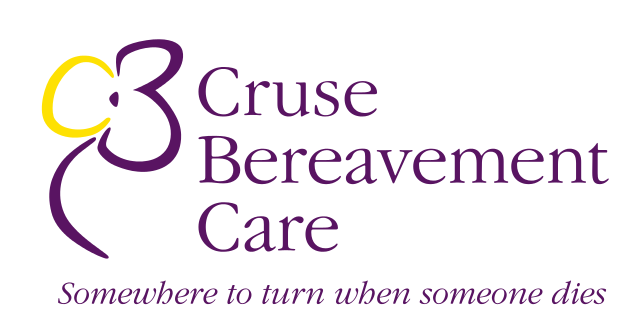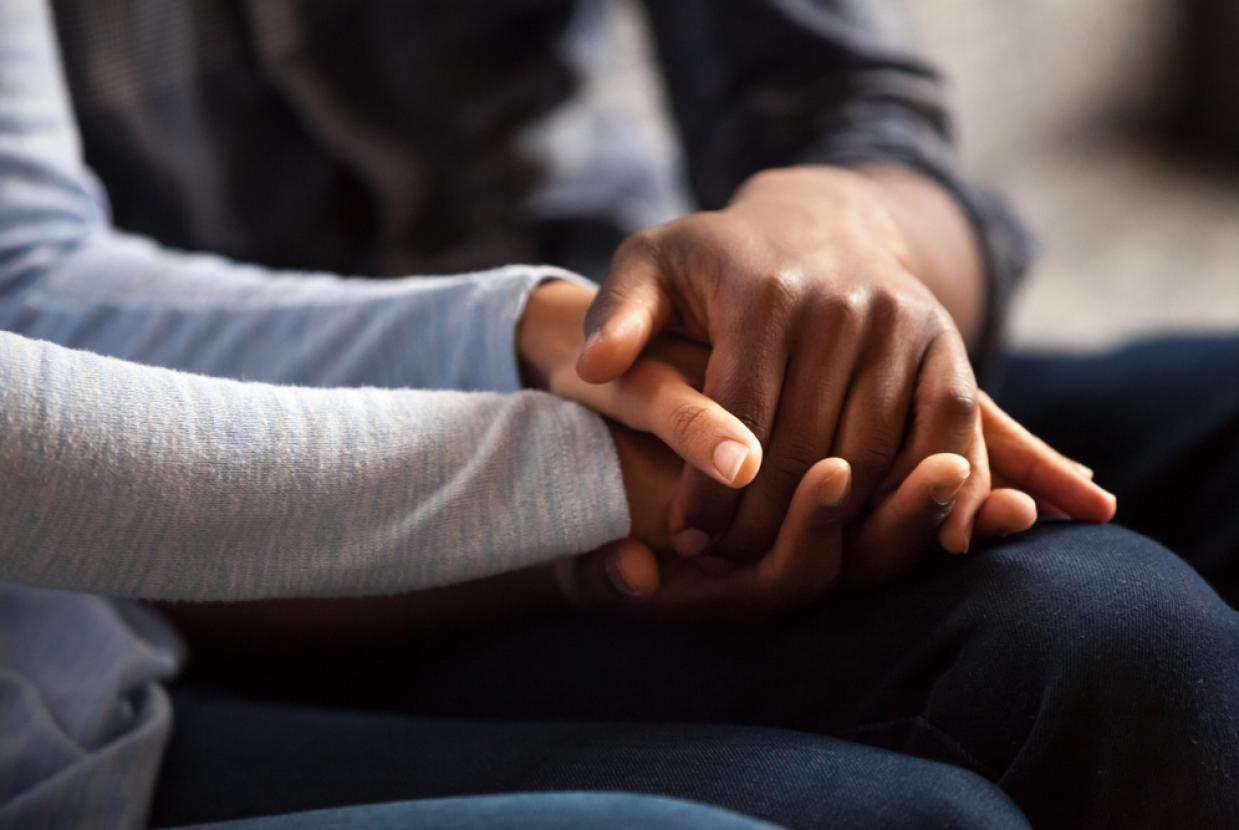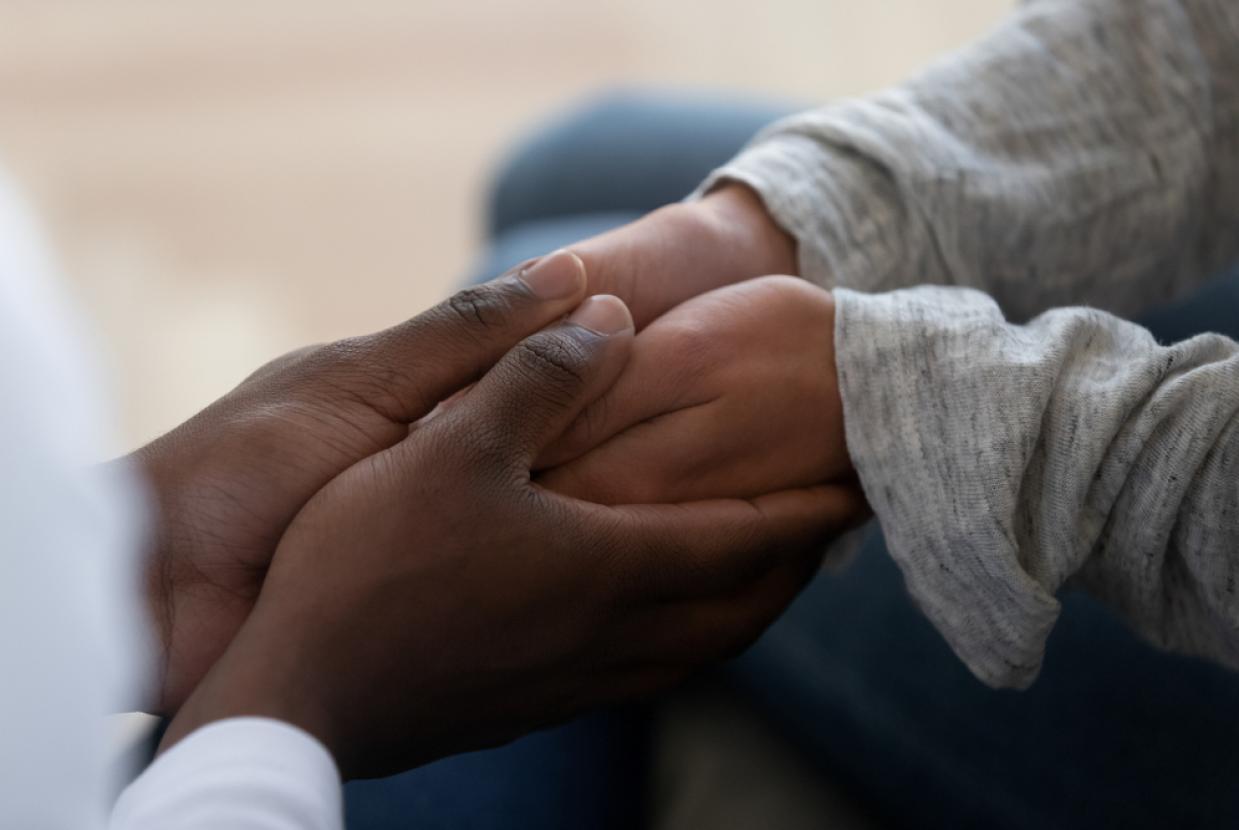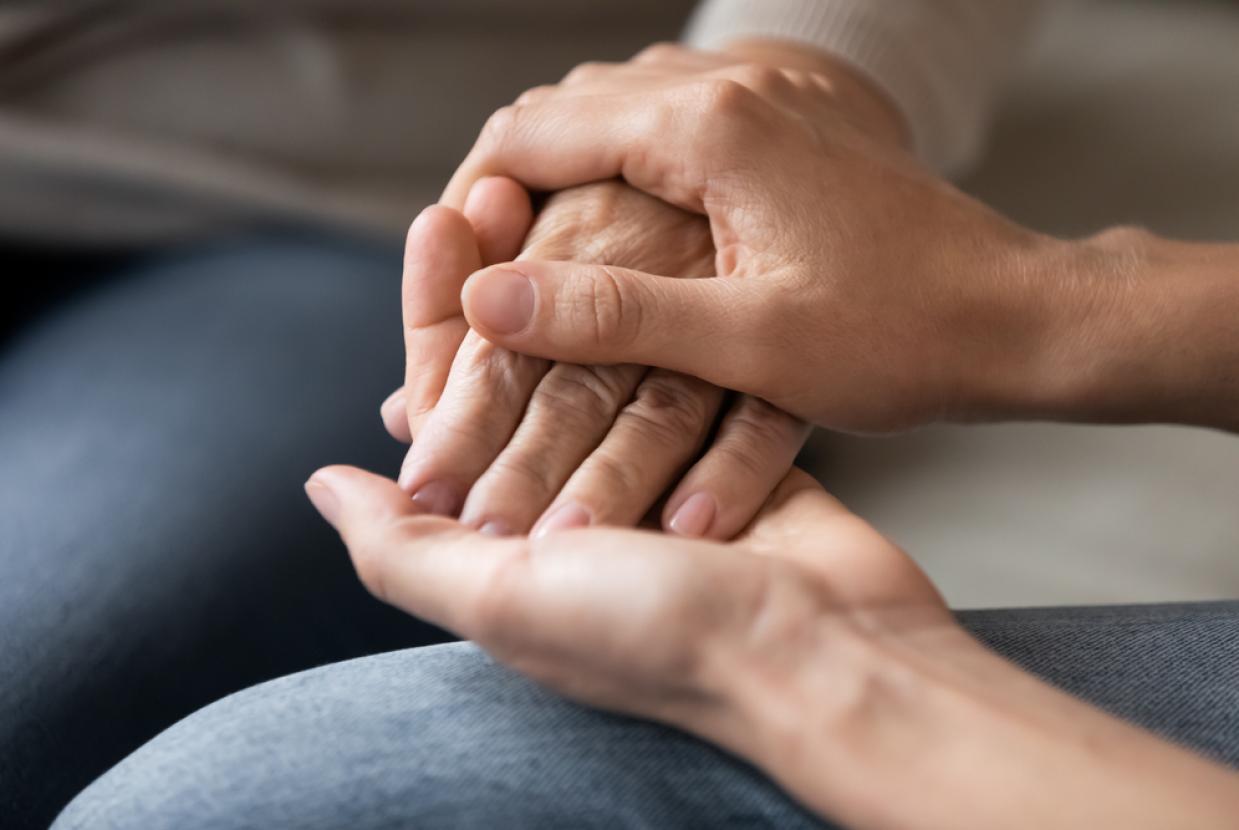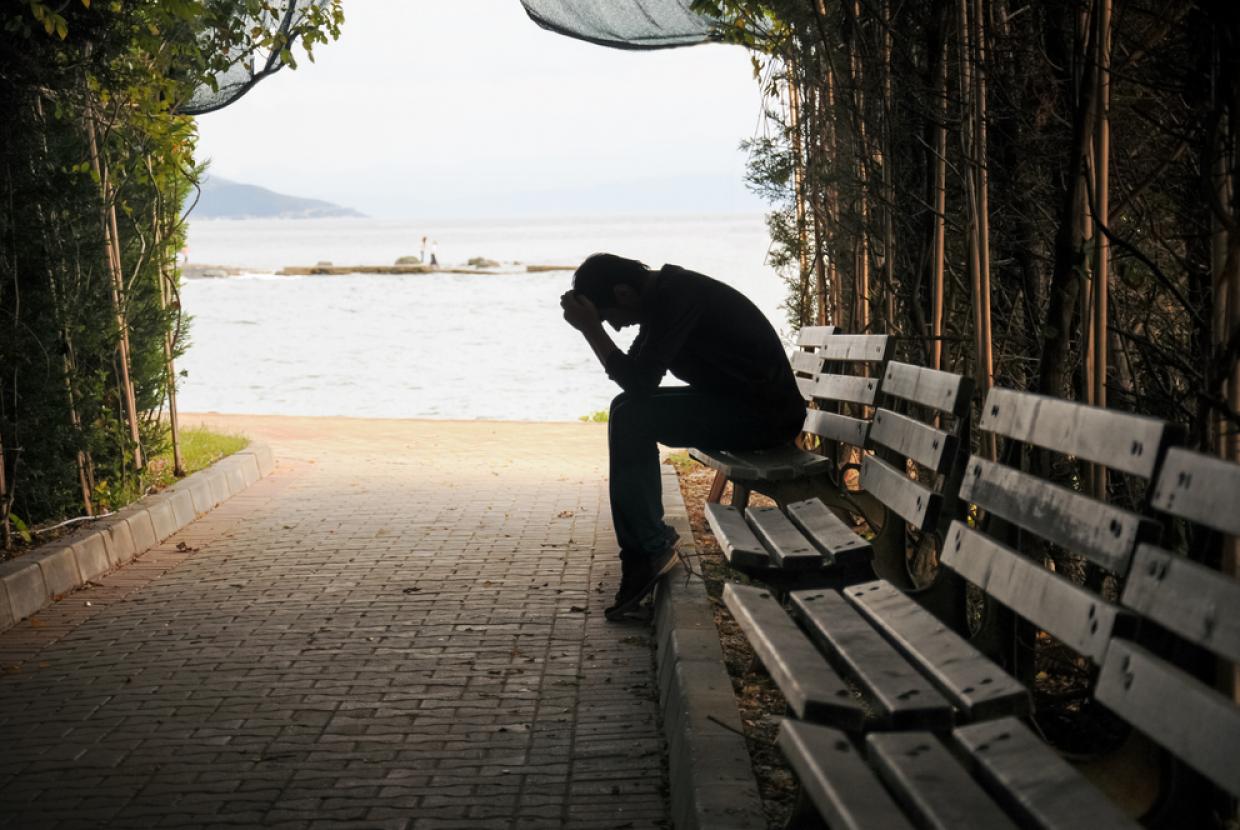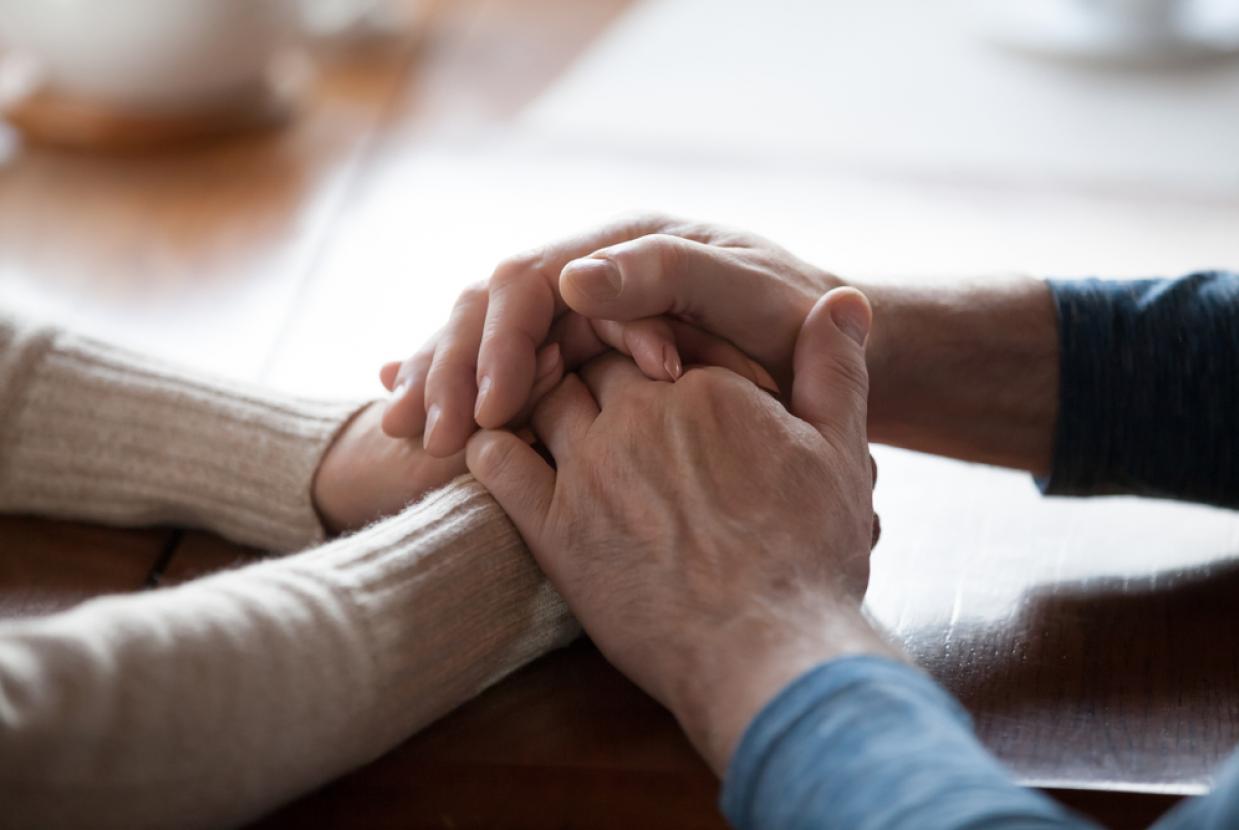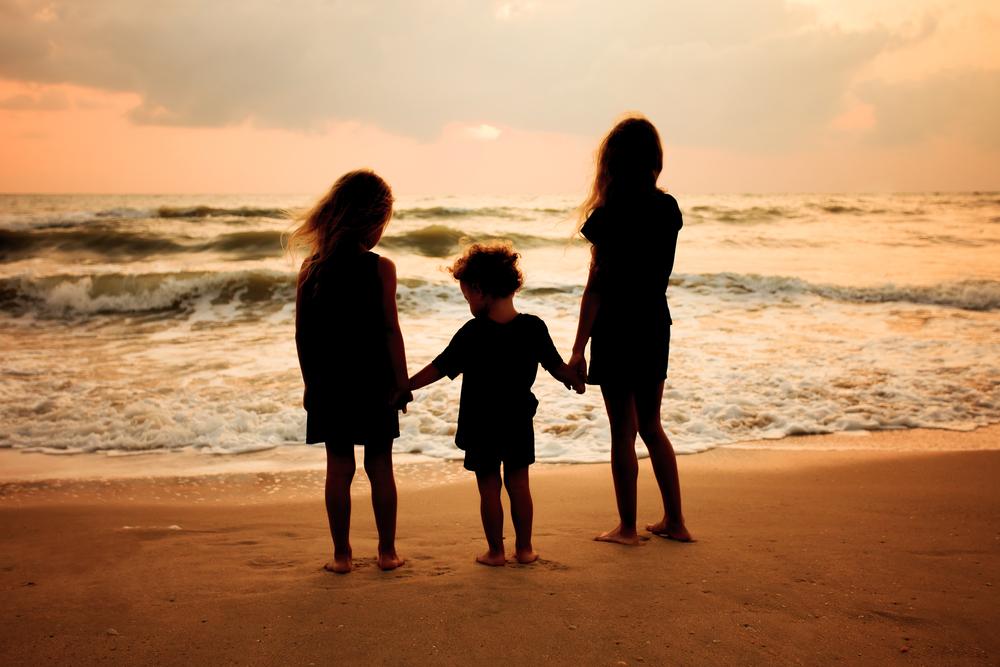The Death Of A Parent
- A range of feelings is normal
You may feel very differently from one moment to the next, and the feelings can often contradict each other. As well as shock, grief or numbness, you might feel regret, guilt or anger.
- Feeling lost
You can feel lost after the death of a mother or father. You may even find yourself feeling like a child again, even if you’re an adult with your own life and responsibilities.
- Loss of unconditional love
Losing a parent may mean losing someone who thought you were the most special, and who loved you unconditionally.
- Regret
If you had a difficult or estranged relationship, you might regret what you didn’t have, and for a relationship it’s not now possible to heal.
- Fear
The death of a parent can make your own death seem closer and this can feel frightening. Sometimes people fear that the way their parent died may be the way they themselves will die.
- Changing identity
The balance of generations changes when a parent dies. Before you were still someone’s child, now you are the older generation and that can be a shock.
- Loss of connection to the past
Losing a parent, or both parents, means you’ve lost a connection to your own childhood. Parents can talk to us about our own early years, and share memories in a way no-one else can.
- Relief
If you’ve been looking after a parent who was suffering from a life-changing illness, you might feel some relief after they die. This is very normal. Try not feel guilty about how you’re feeling. It’s difficult to watch your parent suffer and it’s okay to want their pain to end.
Effect on other relationships- Tension
A death in the family can bring people together, but it can also create tension. It can wake up old arguments and rivalries between brothers and sisters. Some families are able to support one another, but there may also be individual members who don’t want to (or can’t) share their feelings and prefer to be left alone.
- Change in dynamic
If one parent has died, your relationship with the parent who is still alive may change. You may have always thought of your parents together, as a partnership, and now find yourself getting to know the remaining parent as a separate person. As time goes on, you may have to cope with a parent starting a new relationship.
- Change in care duties
The way you see yourself or the way others see you may change. You may have looked after an ill parent for some time or had regular contact, and this role has now disappeared. This can come as a release and also a loss. It can lead to a sense of isolation.
How to support yourself after the death of a parent- Talk to someone
Talking about your feelings really helps. Try talking about your parent with people that knew them. Our volunteers can also help you make sense of it all. Find out the ways we can support you.
- Find ways to remember them
It can help to think of ways you can remember your parent, and keep them as part of your life. This might mean creating a memory box, a special album of pictures, or organising a time for family and friends to come together and remember.
- Plan ahead on anniversaries
Birthdays, anniversaries and Mother’s and Father’s Day can be difficult after a parent dies. It can help to think in advance about how you are going to manage. Read our tips on coping.



